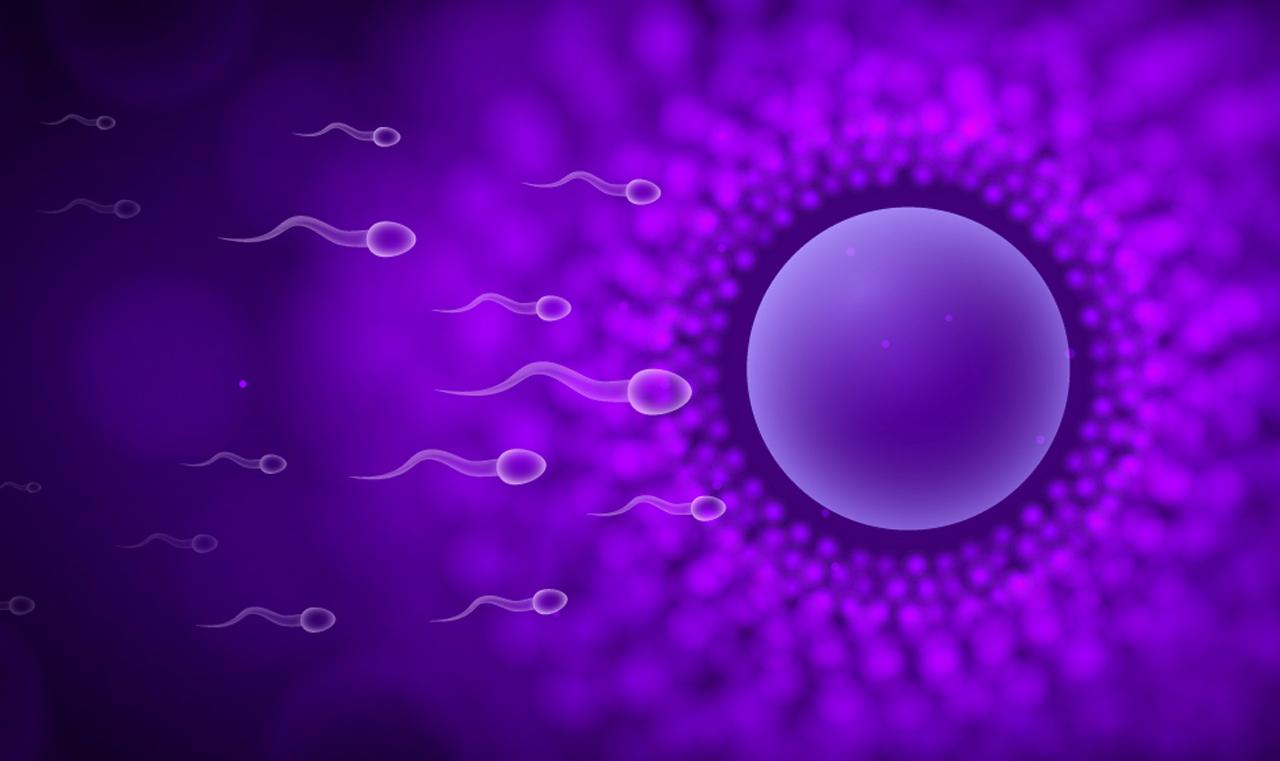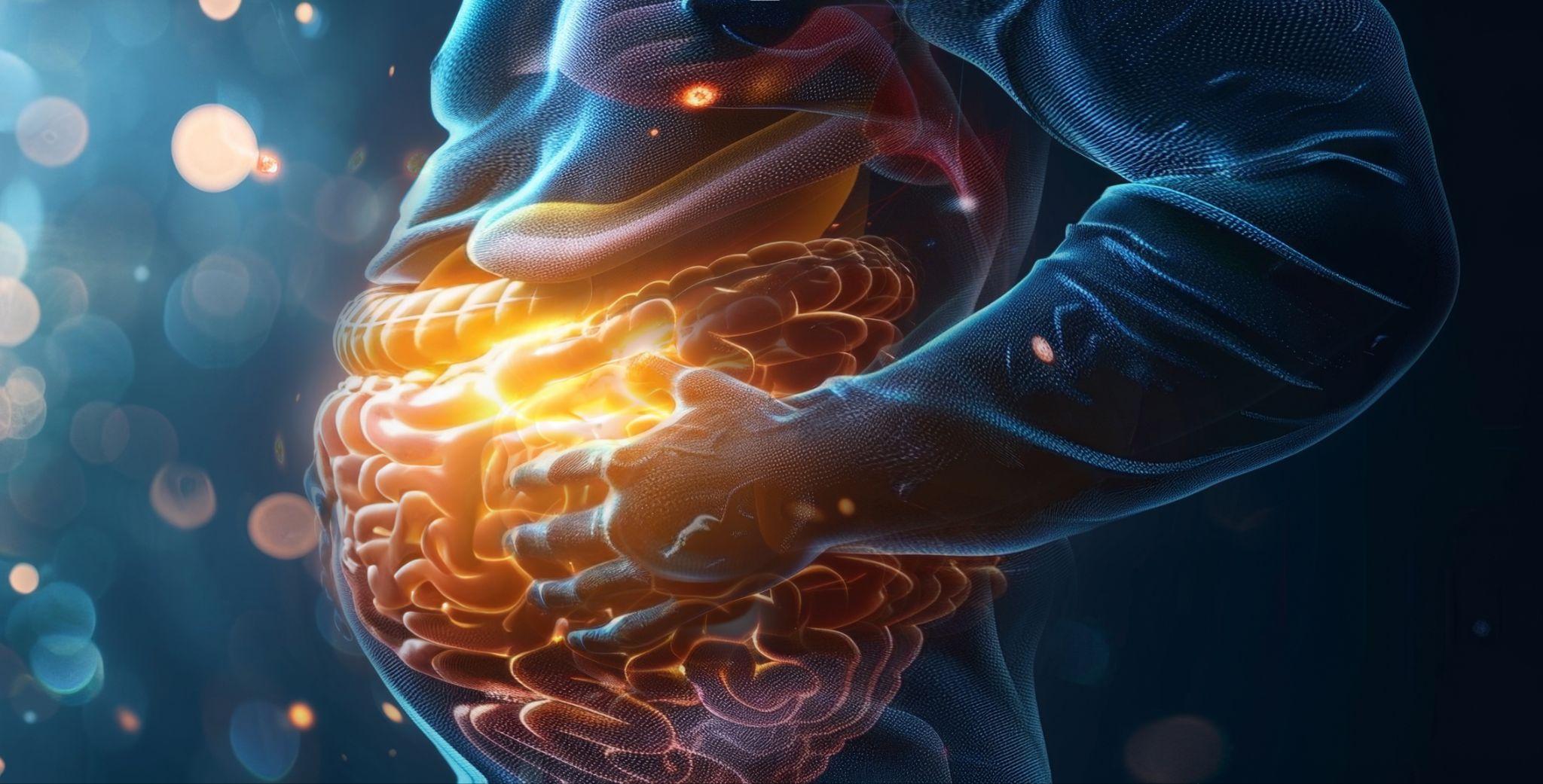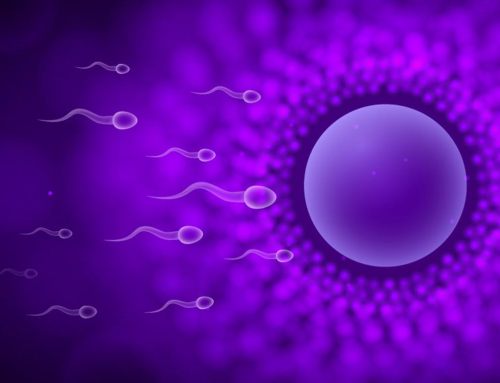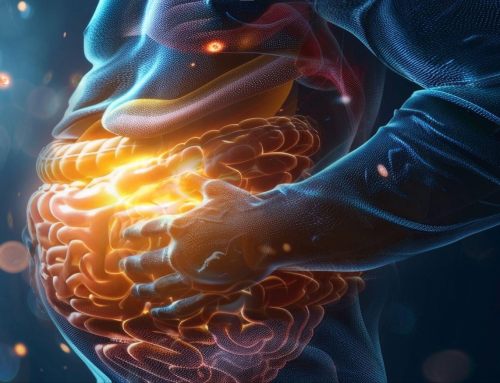Can DNA Methylation and Epigenetic Age Clocks Provide Insights Into Personalized Anti-aging Interventions?
Why do we age, and what can we do about it? We’ve been told that aging is a part of life, a process that we just have to accept. While aging is indeed inevitable, understanding how we are aging in terms of our biology can provide valuable insights into not only how gracefully we can age and retain our youth but, more importantly, our health and longevity.
A number of physiological biomarkers to assess the biological aging process have been developed in the past decade. Identifying measures of aging can help in understanding how well the body is functioning on a cellular level and which personalized anti-aging interventions would yield the most effective results for the individual.
How old are you really?
Would you want to know a more accurate measure of age, not in reference to your number of years lived, but rather your body’s cellular health? If you had access to quantitative measures of your biological age, would you want to know it? Would you be curious to know if it matches, exceeds, or is below your chronological age? Would it be validating and empowering to see the impact your everyday lifestyle choices have on slowing down or halting the aging process? Advances in the field of aging have allowed for such biomarkers to be developed, having vast implications for promoting healthy aging and perhaps even reversing years of the clock.
Aging As a Risk Factor for Adverse Health
Increased age has been evidenced to be the strongest risk factor for nearly every chronic health condition and disease (1). Understanding the process of aging and what is in our control can support and improve key measures of our health. There is significant value in gaining insight into the factors that contribute to aging for our own biological makeup, allowing us to implement treatment modalities that improve biological aging and, thereby, many processes that underlie our health.
Aging and The Genome
The integrity and stability of our genome are constantly being compromised by exogenous and endogenous forms of stressors, such as DNA insults and reactive oxygen species (2). Aging is certainly a multifactorial process that stems from an accumulation of these insults to our DNA without sufficient maintenance or repair of our biological systems. While we cannot change our genes, we can alter the way our genes become expressed, supporting the aging process.
What Causes Aging?
The process of aging is multi-systemic. It affects numerous systems of the body. It is the sum of these parts (cells, tissues, organs) that become physiologically dysregulated and, over time, contribute to aging. While a host of factors play a role in aging, the build-up and accumulation of damage to the genome seems to be a common denominator with insufficient regulatory and maintenance processes in the cells. Integral causes for this damage resulting in aging include; genomic instability, deficiencies in DNA repair mechanisms, accumulation of DNA damage, telomere attrition, epigenetic alterations, dysregulated nutrient sensing, mitochondrial dysfunction, loss of proteostasis, cellular senescence, stem cell exhaustion, and altered intracellular communication (3).
Biomarkers of Aging: DNA Methylation
DNA Methylation (DNAm) is a biological process that is always occurring in the body and plays an integral role in healthy aging. DNA methylation has been well evidenced to be a strong biological age predictor and biomarker. DNA methylation has been shown to change with age. In fact, it has been suggested that 28 million regions of DNA methylation alter with age (4). This is important as some individuals may be more prone to aging more rapidly.
The Epigenetic Clock Theory of Aging:
The Epigenetic Clock Theory of Aging views the biological aging process as an inadvertent consequence of compromised regulatory processes coupled with genomic insults. However, a significant component of this theory recognizes that while aging is an innate process in the body, a large influence on how well we age biologically is determined by our lifestyle. This leaves a lot of power within our everyday choices. Bringing awareness to the impact we have in the aging process can be incredibly empowering. Gaining information relative to our biological age can provide us with valuable insights regarding integral aspects of our health. Identifying and determining ways to counteract many of these processes and support our body’s physiology is preventive in terms of aging, as well as with regards to overall health (4).
A More Comprehensive View of Aging: Epigenetic Age Clocks
Epigenetic clocks are further biomarkers or measures of biological age with increased accuracy. Epigenetic Age Clocks and DNA methylation both reflect underlying cellular biological processes in the body that could be compromised and contribute to the aging process. While a component of aging is genetic, a significant amount lies in lifestyle, as noted (3).
Epigenetic Age Clocks assess genomic regions of methylated DNA in the body in various tissues
providing further valuable insight into the biological aging process. These tools have been evidenced to capture integral aspects of biological age with high accuracy (3). Epigenetic Age clocks assess single-tissue and multi-tissue genomic regions of DNA methylation in the body.
They comprise sets of CpG sites where the DNA nucleotide Cytosine is followed by Guanine across the human genome, assessing variability in DNA methylation levels. Algorithms are then utilized to obtain this information pertaining to biological age. CpG sites are important as they provide various sites of DNA methylation, helping to determine alterations in genetic expression in the genome which could be contributing to accelerated epigenetic aging.
Physiological dysregulation has been noted to be a clinical biomarker of aging as it highlights alterations at the underlying molecular level in the body, all of which can further contribute to endogenous and exogenous forms of stress. Furthermore, Epigenetic Age Clocks look at other indications of aging, such as cell differentiation, tissue balance, and further processes that accompany aging. These tools provide insight into alterations in the body systems that could explain root causes for symptoms of aging such as inflammatory, metabolic, cardiovascular, neurological, or immune dysfunction (5).
CpGs reflect the functioning of epigenetic regulatory systems that aim to carry out necessary biological processes associated with aging. A number of CpGs have been correlated with positive or negative aging effects.
Emerging Types of Epigenetic Age Clocks
A number of advanced epigenetic age clocks have been developed and continue to emerge, providing even more novel information relative to biological aging. A few of these epigenetic age clocks include Hovarth’s Clock, which was the first multi-tissue biological age estimator utilizing DNA from various sources of cells and tissues (353 CpG sites). Hannum’s Clock also includes DNA methylation from 71 different CpG single tissue sites to predict biological age. Finally, Levine’s Clock includes DNA methylation from 513 CpGs to determine phenotypic or biological age (4).
Revving up The Aging Process or Slowing It Down:
Positive Epigenetic Accelerators & Negative Epigenetic Accelerators
Gaining insight into DNA methylation at various tissues and sites in the body with Epigenetic Age Clocks can provide valuable information relative to the epigenetic acceleration of aging. Some individuals may be more susceptible to positive epigenetic acceleration, while others may be more prone to negative epigenetic acceleration, in terms of aging.
Understanding these biomarkers can help in identifying targeted treatment plans in addressing the aging process. For instance, a number of DNA phenotype accelerations have been found to be correlated with increased inflammation and decreased activation of regulatory mechanisms imperative for healthy DNA. Insufficient DNA and mitochondrial damage protection have also been noted in DNA phenotype accelerators (3).
Epigenetics, Beyond Genetics: Can You Turn Back the Clock?
Epigenetics describes the changes that occur in DNA methylation and are affected by our environment. An increasing body of research suggests that both endogenous and exogenous forms of stress can induce biological aging in the body. Epigenetic aging comprises DNA methylation alterations that occur in a small number of cells. It is with time and accumulation of damage that these cellular biological processes lead to damage and aging.
It is important to recognize that these epigenetic changes are reversible, and aging can be influenced by lifestyle. Utilizing the biomarkers of aging to gain understanding and identify key areas of improvement to thoughtfully intervene, we have the power to put aging in our hands, rather than have it be determined by the ticking time clock. Recognizing the mechanisms that underlie these epigenetic biomarkers allows us to formulate effective anti-aging treatment plans.
Halting The Aging Process: The Impact of Nutrition & Lifestyle
A number of lifestyle factors that promote healthy aging have been supported in the literature.
Intermittent fasting (IF) has been suggested to improve cellular health by promoting autophagy. IF has also been indicated to support major nutrient-sensing signaling, one of the hallmarks or causes of aging (6).
A large body of evidence supports adding in more plant-based nutrition (such as in the Mediterranean Diet), which can help in reducing levels of inflammation and age-related diseases. It may also help to mitigate some of the contributing factors of aging, such as reactive oxygen species (ROS) and inflammation, with its antioxidant, phytonutrient, and anti-inflammatory properties (7). This way of eating may also help to support the gut microbiome, which has been suggested to play a role in aging, as well as providing nutrients necessary for healthy methylation.
Regular exercise supports sleep and circadian rhythm, which have been found to play a role in the aging process (8). Furthermore, exercise supports healthy gut functioning and detoxification in the body, providing benefits for healthy aging.
Sleep, in particular, is foundational to many of the biological processes that are involved in aging (9). Consistent, good-quality sleep supports homeostasis in the body in terms of hormonal, metabolic, neuronal, immune, and overall cellular health and renewal (10).
Stress is a significant component of the aging process (10). Thus, mitigating stress with appropriate lifestyle interventions that work for you is strongly encouraged. Whether yoga, meditation, or grounding out in nature, they have all been suggested to have anti-aging benefits as they improve biomarkers relative to inflammation, oxidative stress, and cellular health (11, 12).
Knowledge is Power to Set Back The Clock
Gaining insight into one’s true biological age can have vast benefits for health and longevity. Utilizing advanced tools such as epigenetic age clocks can yield more efficient anti-aging treatments by personalizing them to the needs of the individual. While there are a number of everyday lifestyle practices we can implement to help us all with aging, gaining further insight into how well our body is aging or isn’t in some areas, can optimize targeted treatments. This will allow practitioners to support a number of innate biological processes in the body that have to do with their patients’ health and longevity.
DNA Methylation and Epigenetic Age Clocks are valuable tools that will continue to advance our understanding of aging, yielding more efficient personalized treatment protocols, as well as supporting preventive and clinical medicine.
If you would like to learn more, PLMI is hosting an event, Advances in DNA Methylation Analysis: The New Frontier for Clinical Diagnostics, in which Dr. Jessica Lasky-Sku, Dr. Jeffrey Bland, and Ryan Smith from Tru Diagnostics will further discuss the novel improvements and developments relative to epigenetic age clocks, with a focus on OMICm, an advanced epigenetic clock developed from a multi-omic data set including proteomics, metabolomics, and epigenomics, shedding more light into the biological aging process. They will also discuss the valuable clinical insights and takeaways for implementing personalized anti-aging interventions from these specialized datasets.
This free virtual event will take place on September 26th from 5-7 pm. Learn more and register here.
References:
- Simpson DJ, Chandra T. Epigenetic age prediction. Aging Cell. 2021 Sep;20(9):e13452. doi: 10.1111/acel.13452. Epub 2021 Aug 20. PMID: 34415665; PMCID: PMC8441394.
- Wen J, Wang Y, Yuan M, Huang Z, Zou Q, Pu Y, Zhao B, Cai Z. Role of mismatch repair in aging. Int J Biol Sci. 2021 Sep 21;17(14):3923-3935. doi: 10.7150/ijbs.64953. PMID: 34671209; PMCID: PMC8495402.
- López-Otín, Carlos et al.The Hallmarks of Aging. 2013. Volume 153, Issue 6, 1194 – 1217).
- Horvath, S., Raj, K. DNA methylation-based biomarkers and the epigenetic clock theory of ageing. Nat Rev Genet 19, 371–384 (2018). https://doi.org/10.1038/s41576-018-0004-3
- Bell CG, Lowe R, Adams PD, Baccarelli AA, Beck S, Bell JT, Christensen BC, Gladyshev VN, Heijmans BT, Horvath S, Ideker T, Issa JJ, Kelsey KT, Marioni RE, Reik W, Relton CL, Schalkwyk LC, Teschendorff AE, Wagner W, Zhang K, Rakyan VK. DNA methylation aging clocks: challenges and recommendations. Genome Biol. 2019 Nov 25;20(1):249. doi: 10.1186/s13059-019-1824-y. PMID: 31767039; PMCID: PMC6876109.
- Longo VD, Di Tano M, Mattson MP, Guidi N. Intermittent and periodic fasting, longevity and disease. Nat Aging. 2021 Jan;1(1):47-59. doi: 10.1038/s43587-020-00013-3. Epub 2021 Jan 14. PMID: 35310455; PMCID: PMC8932957.
- Shannon OM, Ashor AW, Scialo F, Saretzki G, Martin-Ruiz C, Lara J, Matu J, Griffiths A, Robinson N, Lillà L, Stevenson E, Stephan BCM, Minihane AM, Siervo M, Mathers JC. Mediterranean diet and the hallmarks of ageing. Eur J Clin Nutr. 2021 Aug;75(8):1176-1192. doi: 10.1038/s41430-020-00841-x. Epub 2021 Jan 29. PMID: 33514872.
- Panagiotou M, Michel S, Meijer JH, Deboer T. The aging brain: sleep, the circadian clock and exercise. Biochem Pharmacol. 2021 Sep;191:114563. doi: 10.1016/j.bcp.2021.114563. Epub 2021 Apr 19. PMID: 33857490.
- Liu PY, Reddy RT. Sleep, testosterone and cortisol balance, and ageing men. Rev Endocr Metab Disord. 2022 Dec;23(6):1323-1339. doi: 10.1007/s11154-022-09755-4. Epub 2022 Sep 24. PMID: 36152143; PMCID: PMC9510302.
- Vitlic A, Lord JM, Phillips AC. Stress, ageing and their influence on functional, cellular and molecular aspects of the immune system. Age (Dordr). 2014 Jun;36(3):9631. doi: 10.1007/s11357-014-9631-6. Epub 2014 Feb 25. PMID: 24562499; PMCID: PMC4082590.
- Sinatra ST, Sinatra DS, Sinatra SW, Chevalier G. Grounding – The universal anti-inflammatory remedy. Biomed J. 2023 Feb;46(1):11-16. doi: 10.1016/j.bj.2022.12.002. Epub 2022 Dec 15. PMID: 36528336; PMCID: PMC10105021.
- Djalilova DM, Schulz PS, Berger AM, Case AJ, Kupzyk KA, Ross AC. Impact of Yoga on Inflammatory Biomarkers: A Systematic Review. Biol Res Nurs. 2019 Mar;21(2):198-209. doi: 10.1177/1099800418820162. Epub 2018 Dec 20. PMID: 30572710; PMCID: PMC6700894.












